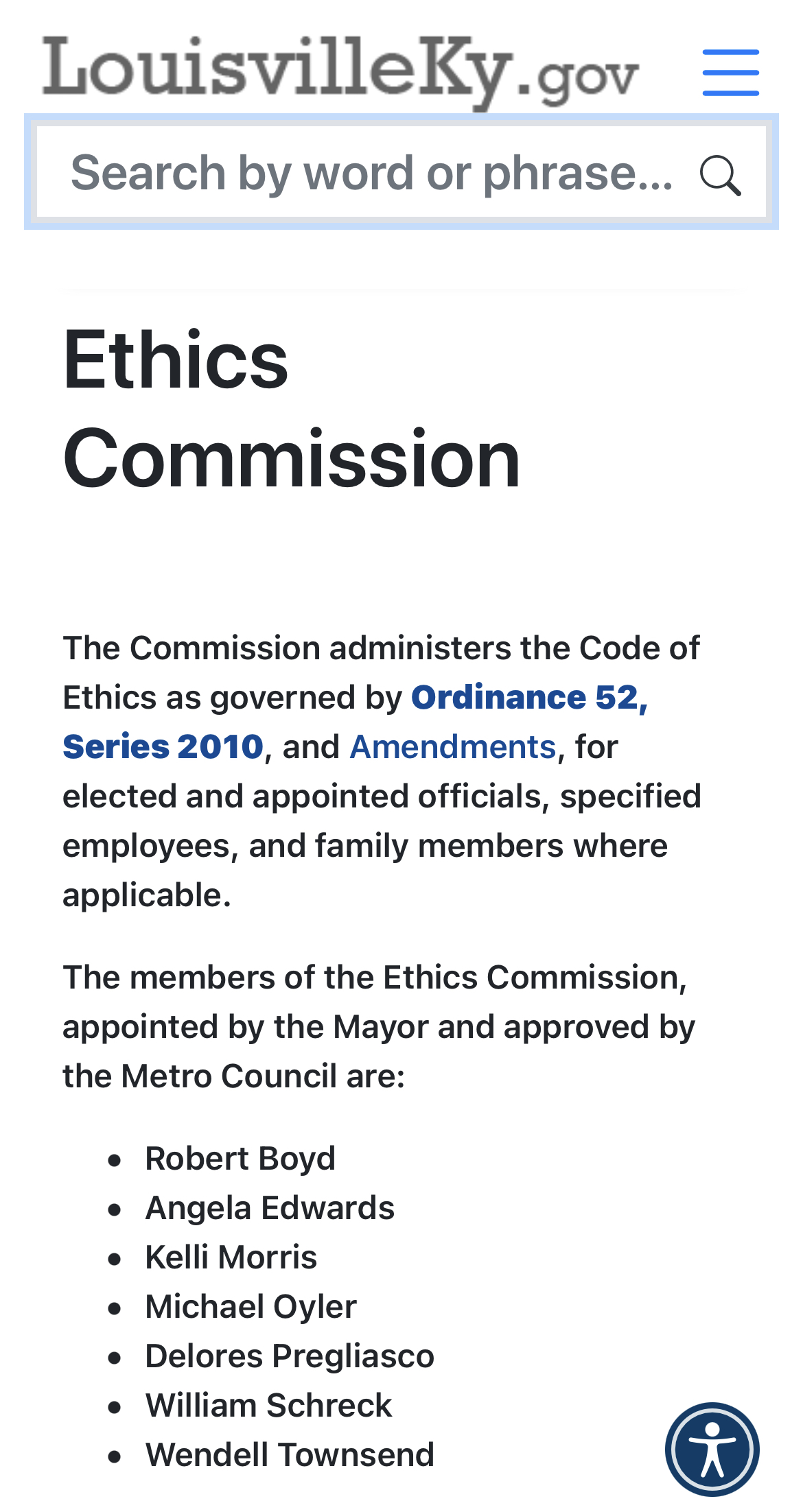
News that Louisville Metro Council member Anthony Piagentini — the subject of a pending ethics complaint — has sued the Louisville Metro Ethics Commission’s seven members, Metro government, and Kevin E. Fields Sr., the CEO of Louisville Central Community Centers (who filed an ethics complaint against Piagentini in March) for violations of the open records and open meetings laws raises a major question.
Do the open records or open meetings laws create a legal remedy for Piagentini's claims? In our view, they do not.
WDRB’s Marcus Green reports that Piagentini is “claiming the agency improperly released records in his ethics case and violated Kentucky’s open meetings law.
“Those actions, the council member’s lawyers say in a lawsuit filed Tuesday in Jefferson Circuit Court, have ‘eviscerated Piagentini’s expectation to a confidential and fair process.’”
Whatever the councilman's expectations about a "confidential and fair" adjudication of the ethics complaint filed against him, he has no remedy under the open records law for disclosure of public records — even those records that might be protected under one or more statutory exceptions, after the records have been disclosed — whether intentionally or through inadvertence.
OPEN RECORDS CLAIMS
A violation of the open records law is based on the claim that a public agency illegally withheld nonexempt records -- not that a public agency illegally released records.
The statutory remedies provided for in KRS 61.880 and 61.882 are, with one exception, available only to persons denied access to nonexempt public records.*
https://apps.legislature.ky.gov/law/statutes/statute.aspx?id=51394
https://apps.legislature.ky.gov/law/statutes/statute.aspx?id=23066
That single exception — a remedy judicially recognized in 1994 in the case Beckham v Jefferson County Board of Education — is available to persons affected by a public agency’s decision to disclose public records for which a request has been made. If the agency notifies the affected persons in advance of its decision to disclose the records — something it is not legally required to do — they may file suit in advance of the intended disclosure to contest that disclosure. This remedy is unavailable to Piagentini because the records have already been disclosed.
https://law.justia.com/cases/kentucky/supreme-court/1994/93-sc-967-i-1…;
Nor is there a mechanism for clawback (return or recovery) of exempt public records inadvertently disclosed or disclosed when the agency waives any applicable exception.
https://caselaw.findlaw.com/court/ky-supreme-court/1653243.html
* There is a remedy under KRS 61.8804) for persons who believe an agency has subverted the intent of the open records law short of denying access to public records — for example, imposing excessive fees for copies — but that remedy is not pertinent to Piagentini’s lawsuit. See, https://apps.legislature.ky.gov/law/statutes/statute.aspx?id=51394 (Subsection (4)).
OPEN MEETINGS CLAIMS
Piagentini has no remedy under the open meetings law for the Ethics Commission's failure to send him written notice of a meeting.
There is no written notice requirement for regular meetings other than adoption of a regular meeting schedule that is available to the public.
https://apps.legislature.ky.gov/law/statutes/statute.aspx?id=42576
The law requires written notice of special meetings (as opposed to regular meetings) 24 hours in advance of the meeting. The agency must transmit written notice to the members of the public agency (here, Ethics Commission members) and to media organizations that have a request on file with the agency to be notified of special meetings.
https://apps.legislature.ky.gov/law/statutes/statute.aspx?id=23047
There is no open meetings requirement for written notice to individual members of the public — even those with a direct interest in the subject of the meeting. Under the open meetings law, Piagentini stands in the same shoes as any other member of the public. He has no special entitlement to written notice.
The open meetings law does, however, permit Piagentini to assert a claim that the Commission conducted an illegal closed session. He must initiate that claim by filing a written open meetings complaint to the presiding officer of the Ethics Commission. There is no indication, here, that he did so.
Assuming, for the sake of argument, that Piagentini's first submitted a written open meetings complaint of an illegal closed session to the Ethics Commission chair, it is by no means clear that he could win on this claim.
https://apps.legislature.ky.gov/law/statutes/statute.aspx?id=23054
https://apps.legislature.ky.gov/law/statutes/statute.aspx?id=23055
Piagentini’s complaint does not identify the exception under which the Commission conducted a closed session. But KRS 61.810(1)(j) authorizes closed session "deliberations of judicial or quasi-judicial bodies regarding individual adjudications or appointments, at which neither the person involved, his representatives, nor any other individual not a member of the agency's governing body or staff is present."
https://apps.legislature.ky.gov/law/statutes/statute.aspx?
That exception has been interpreted to apply not just to final deliberations but to a preliminary inquiry panel tasked with reviewing a complaint to determine whether charges should issue or the complaint should be dismissed.
https://www.ag.ky.gov/Resources/orom/2005/05OMD017.doc
His open meetings complaint of an illegal closed meeting is not ripe for review by the court, and may, in any case, lack support in the law.
From a strict open records and open meetings perspective, Counselman Piagentini’s lawsuit is without merit.


